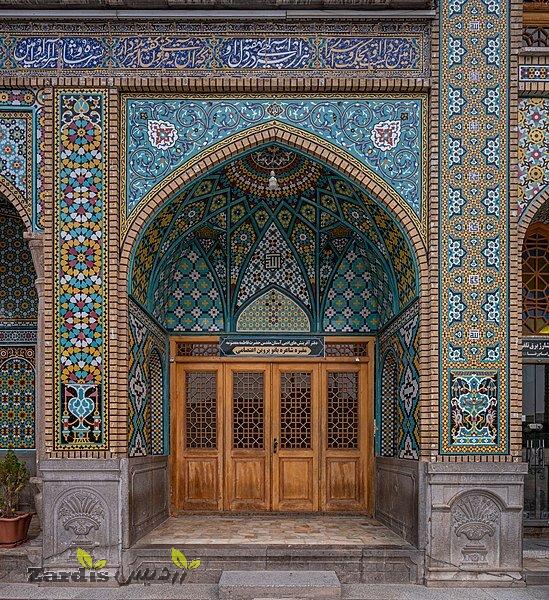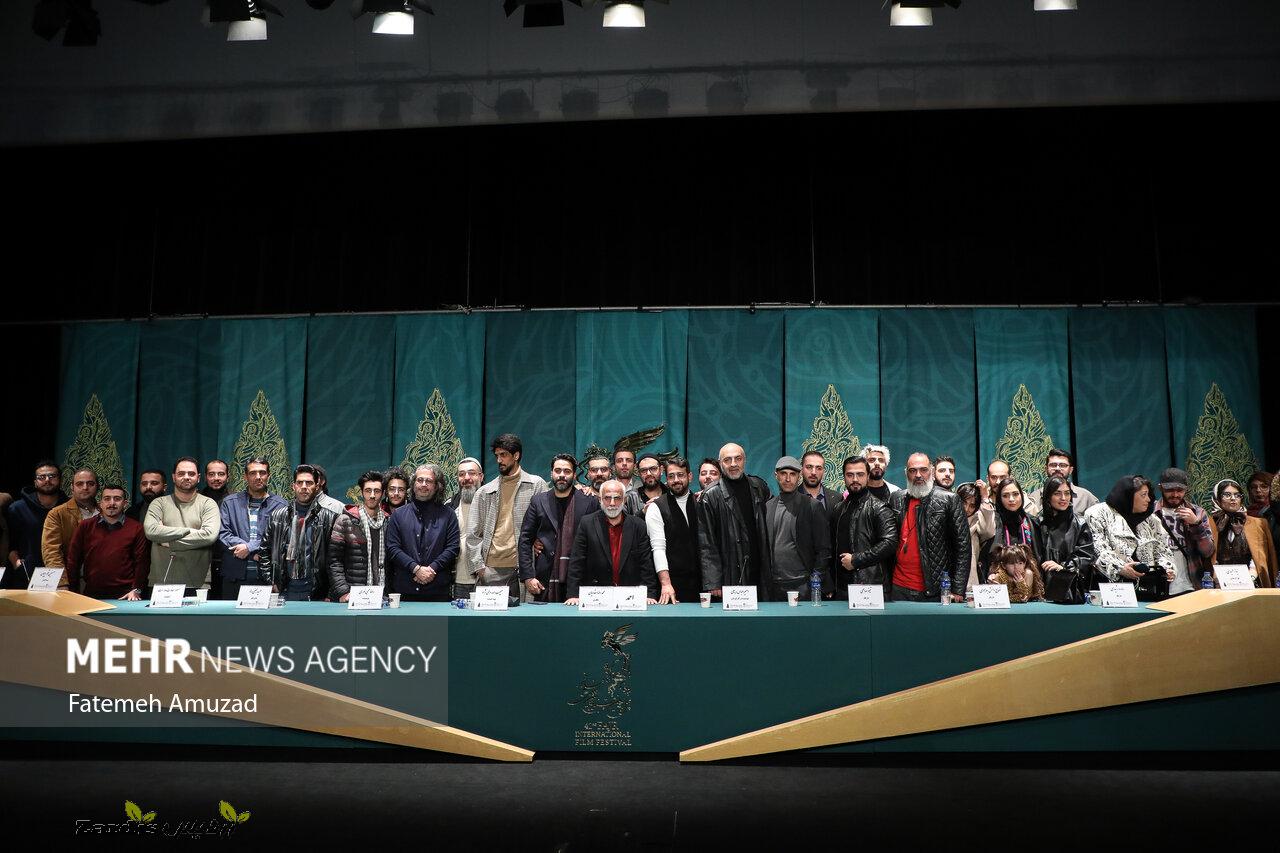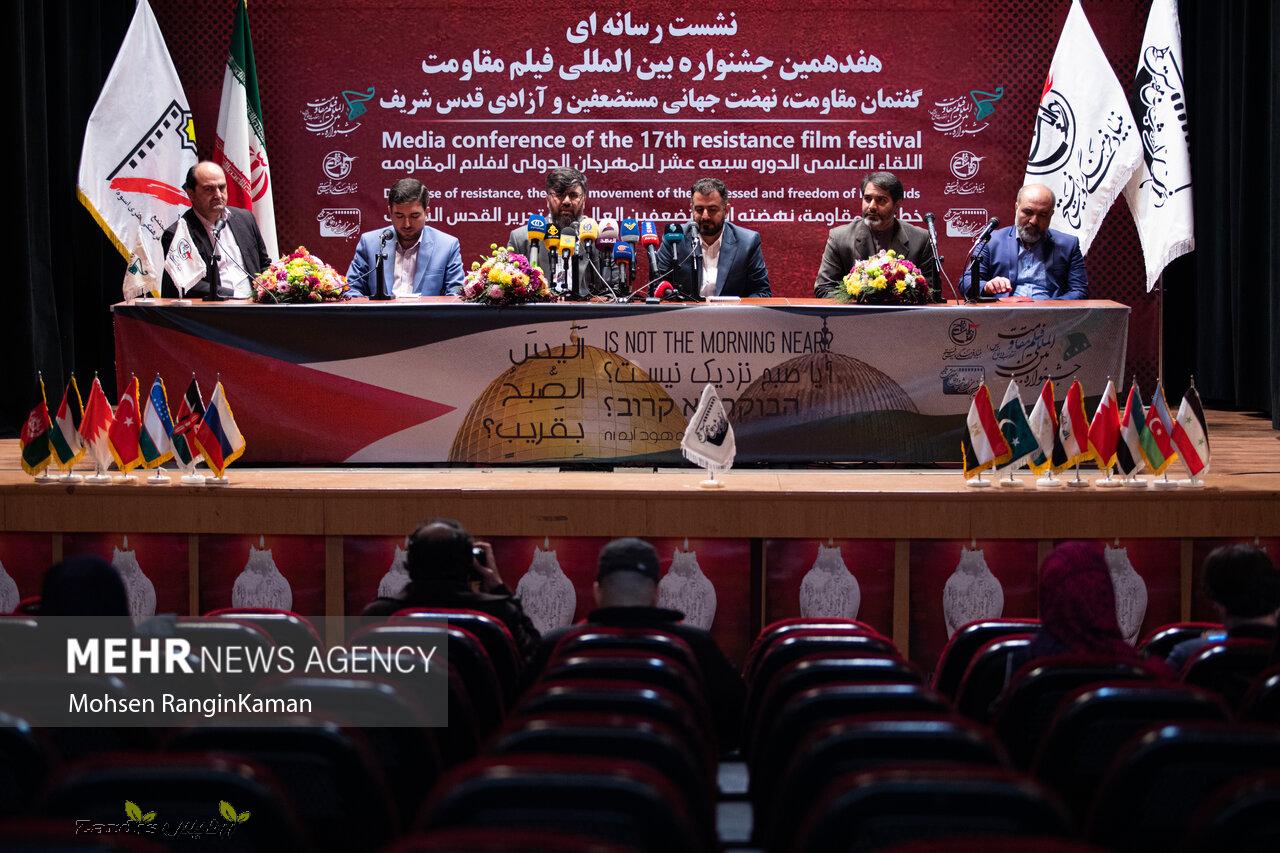TEHRAN – A senior research fellow at the Middle East Institute of the National University of Singapore says that Iran is going to be a regional power that is likely to be recognized by the U.S.
“In any case, Iran seems to be fast attaining a regional power status that is likely to be recognized by all other countries including the United States,” Asif Shuja tells the Tehran Times.
“It is in the best interest of all if Iran is facilitated to attain that deserved status without charting the nuclear course,” Shuja adds.
Following is the text of the interview:
Q: What is your prediction of the Vienna talks and how could it change the game in the Middle East?
A: There are two sticking points that are holding the breakthrough in the Vienna talks: 1) The guarantee that Iran receives the economic benefits promised by the JCPOA, which Ayatollah Khamenei has demanded in the form of “the verification of lifting of sanctions”; and 2) Another guarantee that the U.S. does not abruptly walk out of the deal again as it did during the presidency of Donald Trump. The removal of these sticking points is now contingent upon the will of the Biden administration. Since there are no signs of such willingness, a breakthrough appears unlikely. The current situation may result in two scenarios. The more likely scenario is that Iran will cross the nuclear threshold before the Vienna breakthrough, and it becomes accepted as a regional power by all. The less likely scenario is that a compromise is reached in Vienna, which serves as the face-saving formula for the U.S. to implement moving out of the Middle East (West Asia). Such a deal would also be half-heartedly agreed by Iran to ensure an intermediate respite from its current economic woes. However, such a compromise would be short-lived, bringing us back again to the same situation, but with Iran which would be closer to the nuclear threshold. In any case, Iran seems to be fast attaining a regional power status that is likely to be recognized by all other countries including the United States. That said, it is in the best interest of all if Iran is facilitated to attain that deserved status without charting the nuclear course.
Q: Saudi Arabia started negotiations with Iran mediated by Iraq. What are the main reasons for Riyadh’s policy shift?
A: Riyadh is currently out of choice because it was depending upon the United States for its security which has shown its back. Having realized this, Crown Prince Mohammed bin Salman has illustrated his pragmatic self by attempting to befriend Iran, which is the most powerful regional country. Indeed, it is unwise to think that either the security of a country or a region can be ensured by any outsider, as that outsider would naturally seek its own national interest first.
Q: The U.S. is weaponizing sanctions to advance its foreign policy against Russia, China, and Iran. How can these countries contain U.S. unilateral moves?
A: This is self-defeating. In its efforts of global domination since the end of the Cold War, the U.S. dollar has played a more potent role than its fleets of warships and aircraft careers. By weaponizing sanctions, the U.S. is fast compelling the rest of the world to strive for a dollar-free economy, a process that is currently spearheaded jointly by the sanctioned countries such as Russia, China, and Iran. As the other, non-sanctioned countries are also impacted, they are bound to join in this endeavor.
Q: Some states like Saudi Arabia and its regional allies follow U.S. policies. What are the main causes of such an approach?
A: The answer to this question lies in two words: Human resources. The foreign policy apparatuses of these rich (Persian) Gulf countries are dominated by U.S. academics, strategists, and thinkers. And even after years of services, there is no provision of their naturalization in these Arab countries as citizens. Consequently, it is the interest of the U.S. that is first and foremost in their policy recommendations rather than the interests of their “clients”, and reasonably so, because they eternally remain U.S. citizens. Fortunately, this phenomenon is gradually being realized by the younger generation of rulers of these (Persian) Gulf countries and they are now turning more to the non-U.S., as well as indigenous, policy experts and consultants for their recommendations on national security matters.
Q: Do you think that the U.S. is going to mitigate its meddling in West Asia? What are the reasons?
A: Yes, there is no doubt about it. Oil was the primary reason for the U.S. meddling in the Middle East (West Asia). Now the U.S. has attained the coveted position of being the world’s largest producer of oil. Ironically, the U.S. has earned this position at the cost of Saudi Arabia, which had historically held that position and in the name of whose security the U.S. was primarily positioned in the region. It is true that there is still a set of other reasons for the U.S. to remain invested in the Middle East (West Asia). These include a check on international terrorism, securing sea lanes of communications, and helping its regional allies. However, this set of “other reasons” are of nature wherein the U.S. does not need to have one-upmanship over any of its global competitors such as China and Russia. Moreover, the U.S. needs to divert its energy to the Indo-Pacific to check the rapid rise of China, which has already become a major threat to the U.S. global supremacy. The U.S. realizes that if left unchecked, China might soon replace the U.S. as the superpower.
Zardis news | The latest news of Iran and the world
All rights reserved for "Zardis news"It is protected and any copying without mentioning the source is prohibited.
Pursuant to Article 12 of Chapter 3 of the Cybercrime Law, copying the format and content will be prosecuted.







